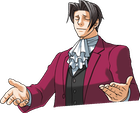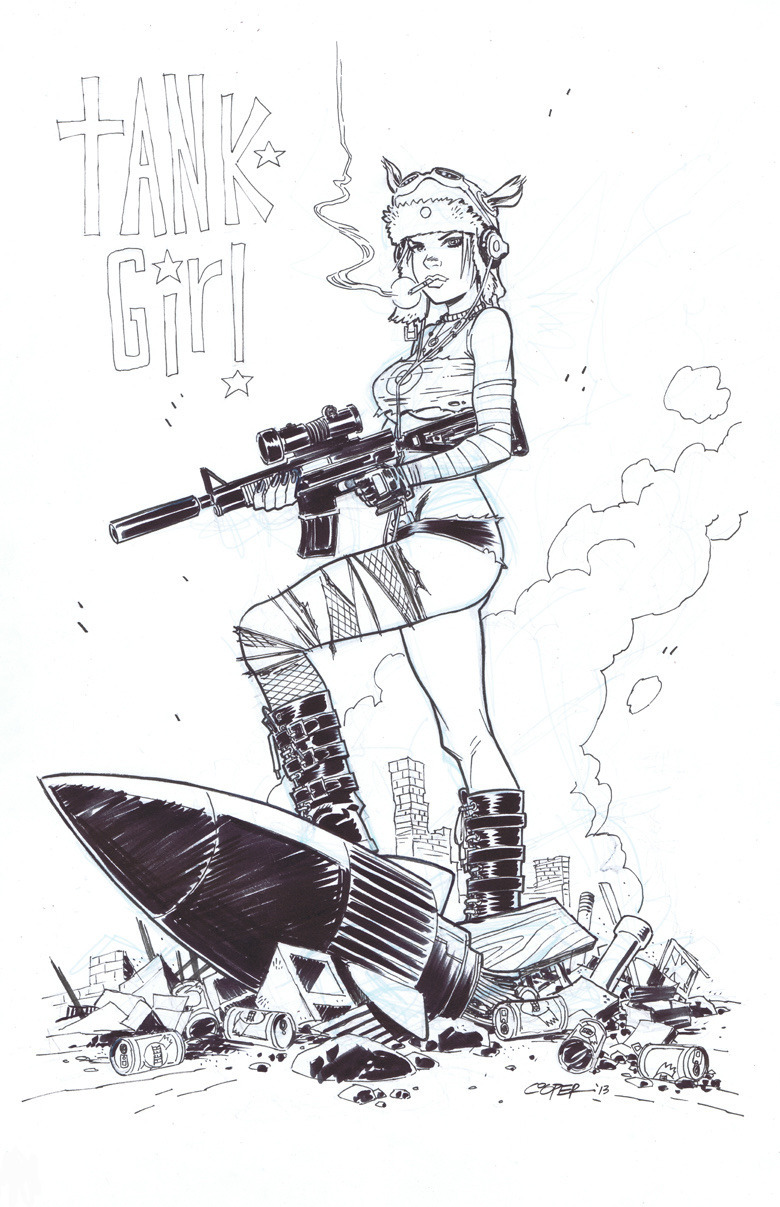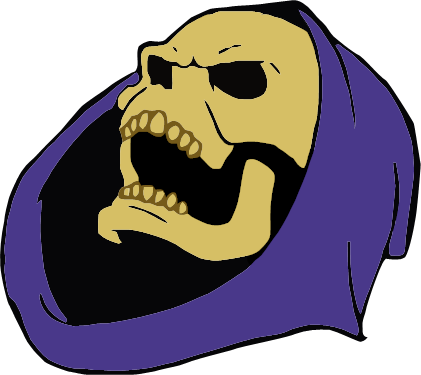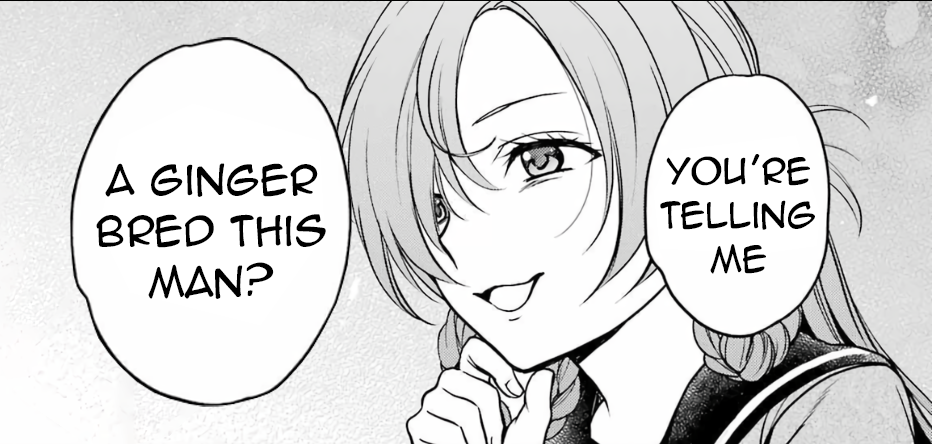Transition saved her 
heartheartbreak [fae/faer]
- 0 Posts
- 21 Comments

 19·1年前
19·1年前its incredible the way disco elysium wormed its way into my brain and has since laid many generations of eggs and worms that have in turn laid more eggs and also begun to cannibalize the other generations of eggs creating a tapestry of worms and sinew sewn together in a seamless and beautiful putty

 24·1年前
24·1年前Cant wait for the games to start writing takedowns of the other games and the reponses to those takedowns and the responses to those responses etc

 2·1年前
2·1年前Tokyo Drifter
how do u rate it

 2·1年前
2·1年前"The towns which had arisen on the lands of lay and clerical feudal lords were subject to their authority. Townsmen owed a number of duties to the feudal lord, paid him quitrent in kind or money, and were subject to his administration and court. The town population very soon began the struggle for freedom from feudal dependence. Partly by force, partly by means of purchase, the towns obtained for themselves the right of self-administration, holding courts, minting coinage and collecting taxes.
The town population consisted mainly of craftsmen and traders. In many towns serfs fleeing from their landlords found refuge. The town acted as the centre of commodity production, as distinct from the countryside where natural economy prevailed. The growth of competition from the fugitive serfs who had crowded into the towns, the struggle against exploitation and oppression by the feudal lords, caused the craftsmen to unite into guilds. The guild system existed in the feudal period in almost all countries.
…
The guilds were a feudal form of craft organisation. In the first period of their existence they played a certain positive part in assisting the strengthening and development of urban crafts. However, with the growth of commodity production and the expansion of the market, the guilds gradually became a brake on the development of productive forces.
The strict regulation of craft production by the guilds fettered the craftsmen’s initiative and hindered the development of technique. In order to limit competition the guilds began to create all sorts of hindrances to those wishing to receive the rights of a master. For the apprentices and journeymen, whose numbers had considerably increased, the possibility of becoming independent masters had practically ceased. They were compelled to remain for their whole life in the position of hired wage workers. In, these conditions the relations between a master and his subordinates lost their former more or less patriarchal character. The masters intensified the exploitation of their subordinates, making them work fourteen to sixteen hours a day for insignificant pay. The journeymen began to unite into secret brotherhoods to defend their interests. The guilds and town authorities persecuted the journeymen’s brotherhoods in every way."
crazy how capitalism is born just like that

 5·1年前
5·1年前https://www.marxists.org/subject/economy/authors/pe/pe-ch03.htm
this soviet textbook chapter on feudal economics is so fascinating and something ive been looking for for such a long time. like what are the specifics of natural economy and how did peasant rent work and what’s the difference between free peasants and peasant serfs, and how did feudalism arise out of slave economies, and how did capitalism develop in the cities, and how did exchange economy develop.
also would be soo so good for somebody looking into worldbuilding a feudal fantasy world hahaha

 17·1年前
17·1年前Im excited for amazon to butcher disco elysium tbh

 11·1年前
11·1年前The edit 180

Play as a japanese man? Their name is literally YASUKE crine

 403·2年前
403·2年前A form of government in which the governing body has absolute, or almost absolute, control. Typically this control is maintained by force, and little heed is paid to public opinion or the judicial system.
This definition of “authoritarian” applies to everybody. And literally none of the leaders of the Soviet union or the dprk qualify as dictators according to your definition either lmfao.
Please, please read State and Revolution. There are a lot of confusions that you have that that reading would do a lot to clear up. You have no historical materialist understanding of the state and frankly I think a lot of the disagreements that you have are not in actuality disagreements on principles but of confusion on the topic.
Definition of homonationalism

 41·2年前
41·2年前Read Are Prisons Obsolete? By angela davis

 201·2年前
201·2年前Neocolonialism understander has logged on

 31·2年前
31·2年前Yea watching me post
She tweedle on my dee til she dum

 502·2年前
502·2年前There’s only like upwards of 200 US military bases surrounding China but it’s Chinese aggression we must condemn 🤷♀️







yassify this